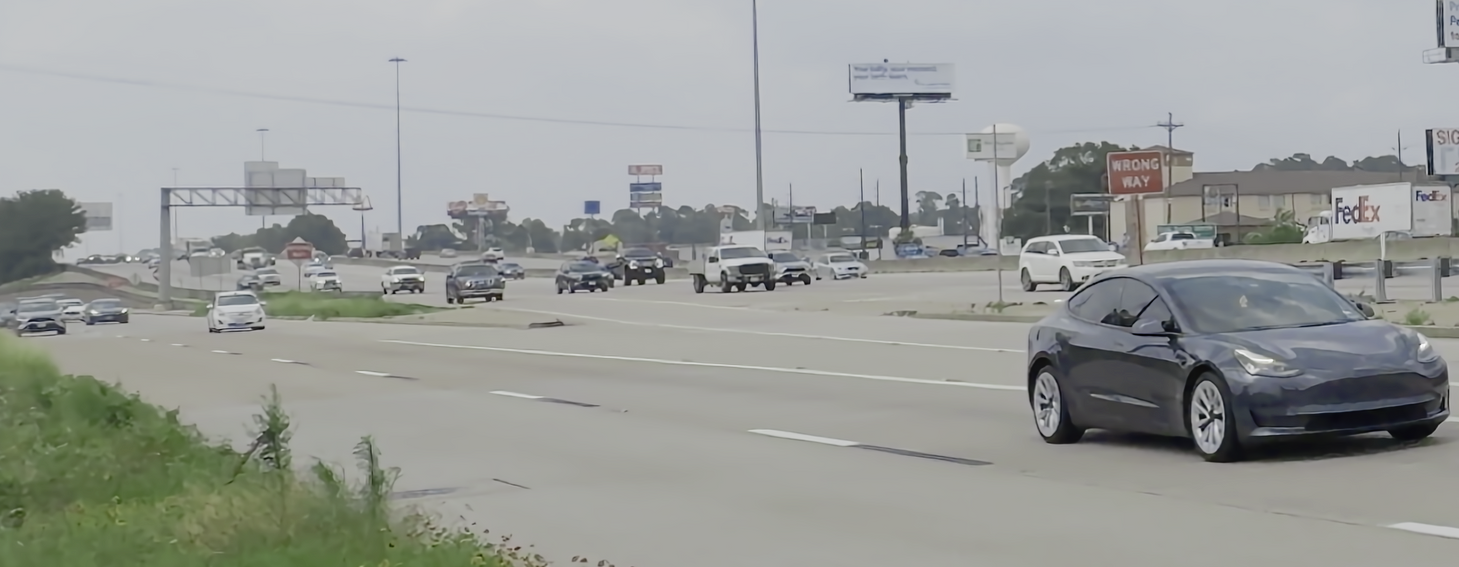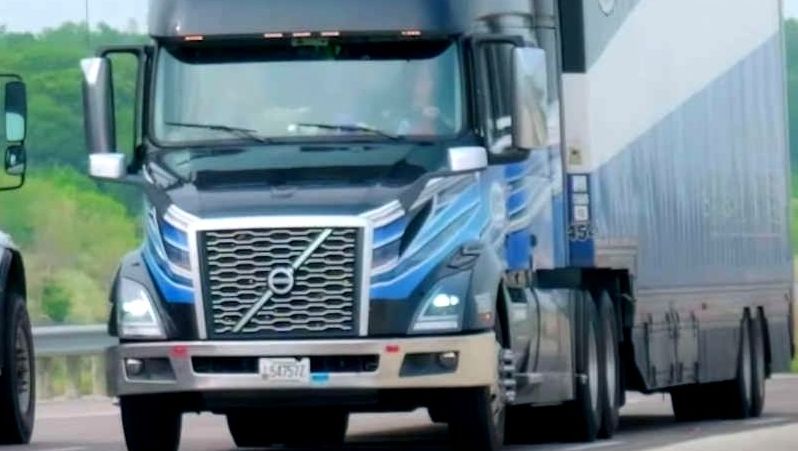You may be surprised to learn that several of the most dangerous roads in the country run
through Spring, Texas.
by Teletrac Navman, a fleet management software company. Interstate 45 had 0.913 deaths per
mile of highway, and the deadliest city is Houston, TX with 92 deaths during the study period.
Tomball Parkway (249) between Antoine Drive and W. Greens Road is the third deadliest section of road in Texas. There was an average of 3.2 fatal accidents per mile during the study period. I-45, between Airtex Drive and TX 249, is the 6th deadliest road, with an average of 2.4 fatal accidents per mile during the study period. It was ranked the 6th deadliest road.
The number one factor in traffic fatalities is speed, according to the Texas Department of
Transportation. The second is impaired driving, either alcohol or drugs, and the third is distracted driving.
Speed
Speeding endangers motorists, road work crews, bicyclists, and pedestrians. Speeding heightens
You can protect yourself not only by obeying speed limits, but by also by watching the traffic
around you and driving defensively.
Impaired driving
According to the Texas Department of Transportation, in the ten-year period from 2012 to 2021,
The majority of these fatalities occurred between 2 a.m. and 3 a.m. on Saturday or Sunday.
Of course, impaired drivers are on the roads at all hours; however, you can decrease your risks of
being struck by an impaired driver by staying off the roads in the late night or early morning hours
of Saturday and Sunday.
Distracted Driving
Crashes happen quickly so the ability to respond timely can save lives. All distractions —
talking, texting, eating, applying makeup, checking your nav system, or turning the radio dial —
can be dangerous.
How you can protect yourself and your family
- Always give driving your full attention
- Pull off the road entirely and come to a complete stop before you talk or text
- Put your phone away or turn it off while driving
- Drive defensively – if you see a distracted driver, move away from them.
If you are involved in a collision, Wham & Rogers can help.
Call 832-592-1108
or text
832- 413-1428 for a free consultation.






















